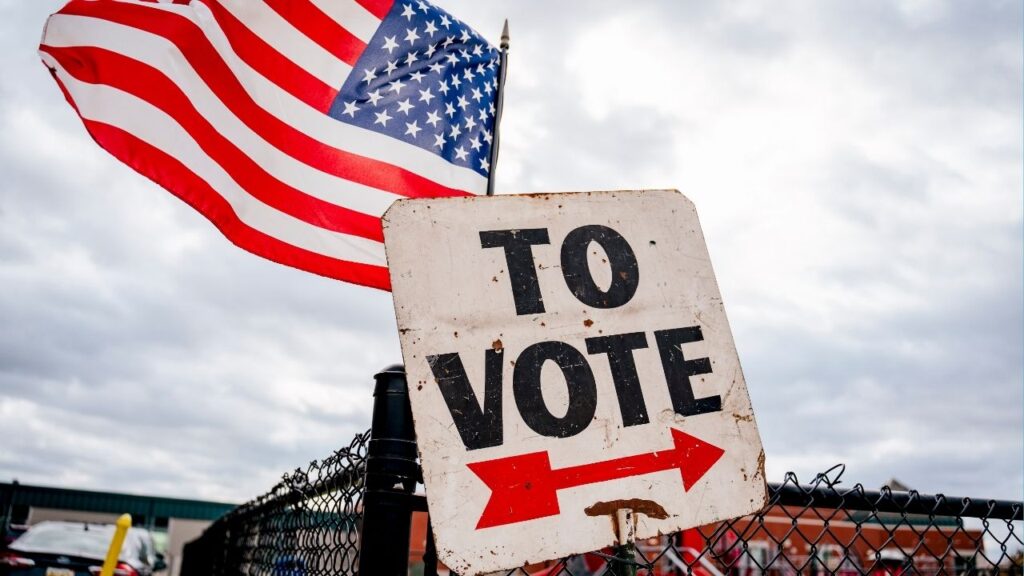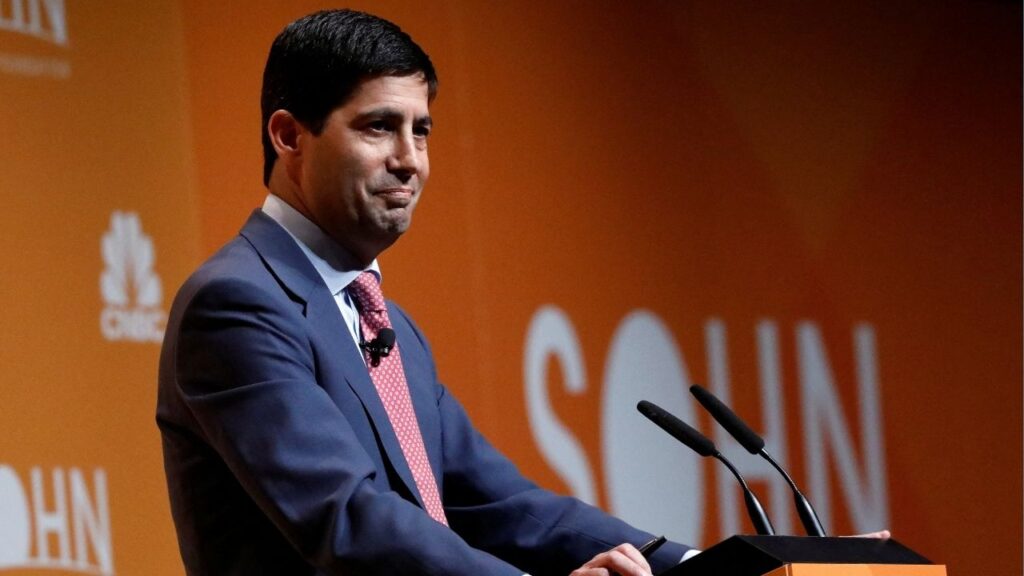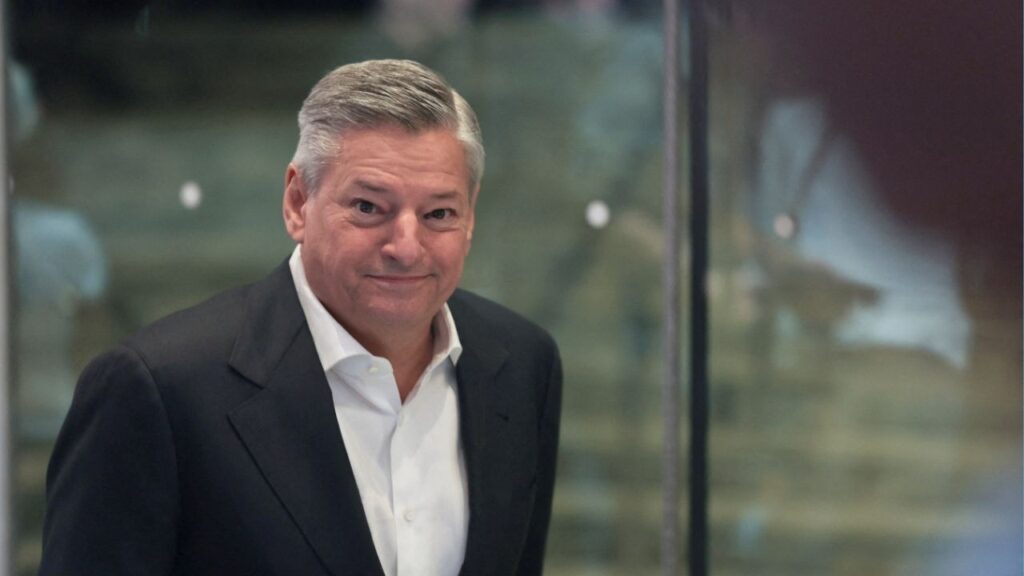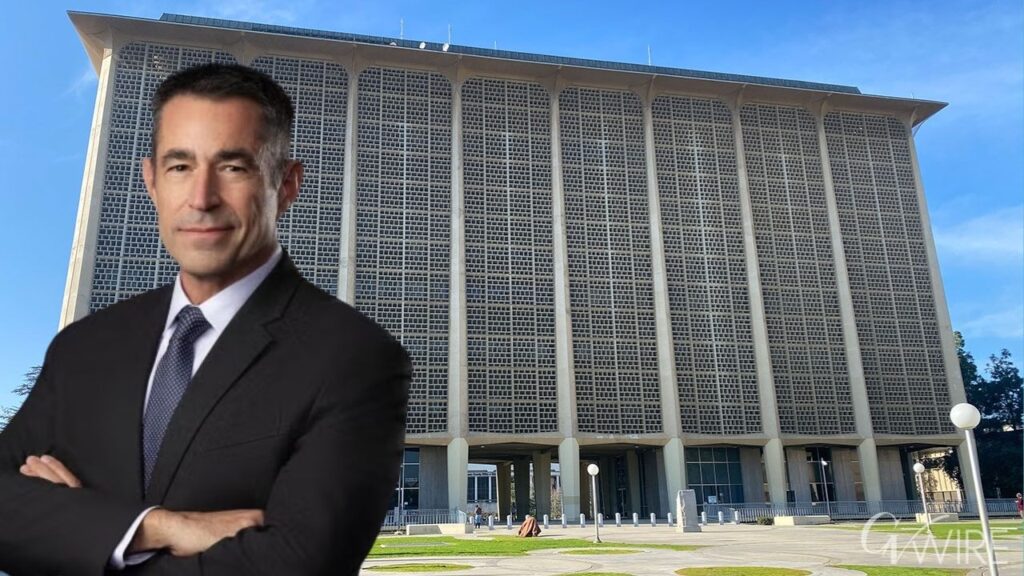An olive branch left in the barrel of an abandoned Syrian army howitzer on the outskirts of Aleppo, on Wednesday, Dec. 11, 2024. (Ivor Prickett/The New York Times)

- Instability in Syria impacts Iraq, Lebanon, and beyond, making it central to Middle Eastern geopolitics.
- A pluralistic, democratic Syria could inspire similar changes across the Middle East, fostering stability and reducing extremism.
- Robust U.S. diplomacy and coalition-building are essential to support Syria’s rebuilding and prevent further regional destabilization.
Share
|
Getting your Trinity Audio player ready...
|
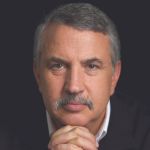
Thomas L. Friedman
Opinion
I have a simple rule of thumb when assessing the potential instability of Middle Eastern countries. They come in just two varieties: countries that implode and countries that explode. That is countries where, when central control collapses, the ruined pillars fall inside its borders, and countries where, when central control collapses, the blast radius of all the political shrapnel extends far and wide.
There is no country in the Middle East that explodes more than Syria. Whatever happens in Syria will not stay in Syria.
That is because Syria is both a keystone and a microcosm of the whole Middle East. As a keystone, once it crumbles, the effects radiate out in all directions.
As a microcosm — Syria has Sunnis, Shiites, Alawites, Kurds, Christians and Druse — whenever central control is loosened, it is a source of insecurity for every sect, so they often reach outside for help. It is also a source of opportunity for every regional power, so they often reach inside to tilt Syria their way. Historically, it took an iron-fisted leader in Damascus to keep Syria under control on the inside and deter regional powers who wanted to control it from the outside.
But because of Syria’s centrality, positive change there could also radiate out in all directions. And that brings me to the purpose of this column. Memo to secretary of state designate Marco Rubio: You may not realize it yet, but if confirmed, your first big challenge as President Donald Trump’s top diplomat may be to persuade him to abandon all of the isolationist-America-First-not-sure-we-want-to-stay-in-NATO-who-needs-allies-who-cares-about-“shithole”-countries rhetoric that Trump is known for, so you can help with — dare I say it — nation-building in Syria.
Because the toppling of President Bashar Assad by Syrian rebels is one of the biggest, potentially most positive, game-changing events in the Middle East in the last 45 years. The thing about opportunities in foreign policy, though, is they can come totally out of the blue — and the great presidents are the ones who seize them, even if it means eating a little crow.
In fairness to Trump, when the opportunity for the Abraham Accords manifested itself in 2020, also out of the blue, he seized it and helped to forge normalization between Israel and four Arab states — to the benefit of the region and to the United States. This is a similar moment. The odds of success are low, the payoff could be enormous and the risks to America not all that high, but it will require a lot more intensive U.S. leadership than the Abraham Accords.
To understand why, I need to take you back to 2003. The U.S. invasion of Iraq under President George W. Bush always had two objectives. One was removing weapons of mass destruction, which turned out to be fraudulent. The other, which I supported, was aspirational but ultimately impossible: trying to replace Saddam Hussein with a multisectarian, pluralistic democracy in a great Arab capital — Baghdad — in the hope that this could create an example in the heart of the Arab world that could radiate out and help cure the pathologies that produced the Sept. 11 attacks. I say “impossible” because, as we learned, you can’t deliver democracy from the top down and from the outside in. It has to grow organically from the bottom up.
In Iraq, it was primarily U.S. forces who pulled down Saddam’s statue in Baghdad, not Iraqis, even if many of them enjoyed watching it crumble. In the end, Iraqis did produce a constitutional power-sharing democracy on their own, but it teeters on the edge of failed statehood and is deeply penetrated by Iranian agents and influence, as well as homegrown corruption. While Iraq has actually held six pretty fair elections since the U.S.-led invasion that toppled Saddam in 2003, the multiparty parliament it produced is dominated by parties defined by sect or ethnicity, not a true spirit of Iraqi citizenship strong and broad enough to resist Iran.
Iraq has also struggled since 2003 because the tyrants running neighboring Syria and Iran — Bashar Assad and Ayatollah Ali Khamenei — did everything they could to make sure no decent democratic example would emerge in Baghdad that might inspire their own people to follow suit. Eventually, though, the Arab Spring that began in Tunisia and Egypt spread to Syria in 2011 — organically, without a U.S. invasion — but Assad was ready to kill hundreds of thousands of his own people and drive millions abroad to hold onto power — until last week.
The big question in my mind now is: Will the Middle East get another chance to have a consensual, pluralistic government emerge in its midst in another great Arab capital, Damascus — only this time driven by its own people, not by any foreign power? If Syrians over the coming years can find their way from the bottom up to live together in a pluralistic society as citizens, not just sects, held together by voluntary consent, not just the iron fist of a dictator, that would radiate out to Iraq, Lebanon, Iran, Libya, Sudan — everywhere.
That would be the most positive event in the Middle East since Anwar Sadat got on a plane and went to Israel to make peace in 1977 — and one of the most important in modern Arab politics.
I don’t need any lectures on how unlikely this is. I lived through the Lebanese civil war for over four years and reported extensively from Iraq. A happy ending in Syria is a low-probability outcome, but it offers an enormous payoff for the Syrian people and the whole region. And unlike the U.S. invasion of Iraq, it would cost the United States and its allies little money and few troops to try to help.
But it will not happen without American help and leadership and some consistent and tough-minded diplomacy, ready to risk failure and ready to understand that benign neglect could be hugely costly to our allies. Competition within Syria — and over Syria by outsiders — will spill across the whole region. It will be a forever war that will open the way for the reemergence of the Islamic State group and could easily destabilize the frail democracy in Iraq and the monarchy in Jordan, and suck Israel into Syria — meaning 7 million Jews would be controlling all of the Gaza Strip and parts of both Lebanon and Syria, as well as Israel and the West Bank. Israel will be completely overstretched and need billions in extra U.S. aid.
I don’t know what is in the head or the heart of Syrian rebel leader Abu Mohammed al-Golani. I read that he has spent years trying to remake his image, renouncing his longtime ties to al-Qaida and presenting himself as a leader promoting pluralism and tolerance. I just know that we should be doing all we can from the outside to encourage, pressure and incentivize al-Golani to live up to the image. I was impressed by how Secretary of State Antony Blinken jumped right in with this Dec. 10 statement:
“The United States reaffirms its full support for a Syrian-led and Syrian-owned political transition. This transition process should lead to credible, inclusive and nonsectarian governance. … The transition process and new government must also uphold clear commitments to fully respect the rights of minorities, facilitate the flow of humanitarian assistance to all in need, prevent Syria from being used as a base for terrorism or posing a threat to its neighbors.”
I believe the Syrian problem will be a microcosm of the key challenge the Trump foreign policy team will face globally — how to manage weakness, not strength. How to manage states falling apart and threatening the world by their collapse, not states rising up and threatening the world with their strength. Other than China, it is weak states, not strong states, that will vex America and its allies, and therefore the central challenge for the Trump team will be how to do nation-building or nation-repairing at a cost that the American people will tolerate.
As Haaretz economic writer David Rosenberg pointed out regarding just Syria: “The reconstruction bill will easily be seven times the size of Syria’s entire economy, and the work itself will require the kind of technical expertise that only a few countries can provide. … The problem is that Syria is broke, and Trump is unlikely to provide it with significant aid money. It’s also under Western sanctions that Trump would have to lift. … For Syria to recover and rebuild, the stars will have to align perfectly in a constellation of good leadership, national unity and international goodwill.”
Trump could choose to just walk away from Syria, as he tried to do once before, when he was president, and watch the Middle East completely unravel and just say what Vice President-elect JD Vance once said about Ukraine: “I don’t really care what happens.”
Or Trump could acknowledge that the only way we can help tilt Syria in a positive direction at a tolerable price is if we build a coalition with our NATO allies, Japan, Korea and Australia — and maybe even China and India — that seeks to give the Syrian uprising the best chance possible to succeed.
President Joe Biden walked away from Afghanistan shortly after he took office. It was ugly for him and sad for the Afghans. But Syria is not Afghanistan.
Afghanistan implodes. Syria explodes.
—
This article originally appeared in The New York Times.
By Thomas L. Friedman/Ivor Prickett
c. 2024 The New York Times Company
RELATED TOPICS:
Categories
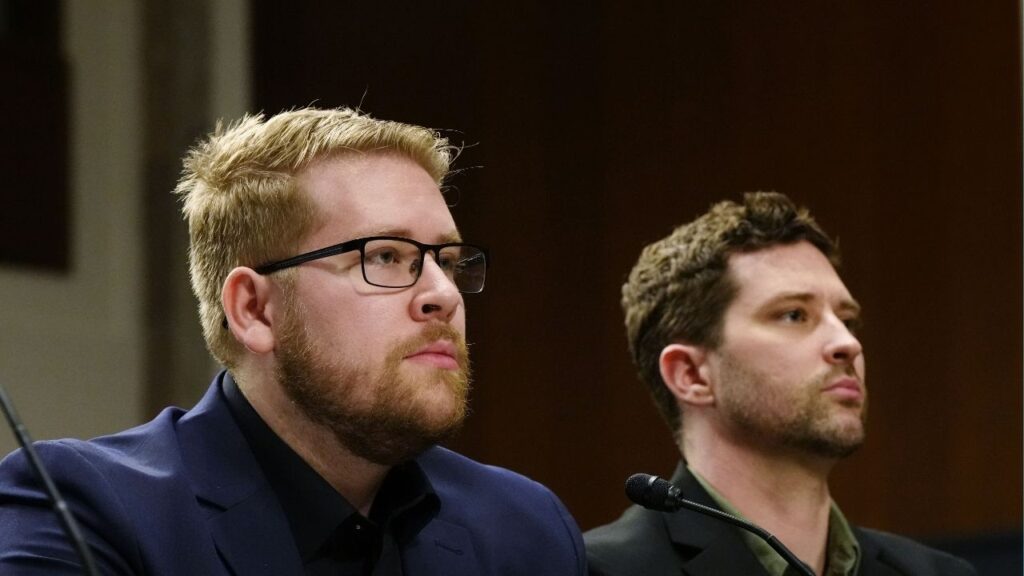
Renee Good’s Relatives Speak to Lawmakers in Washington






